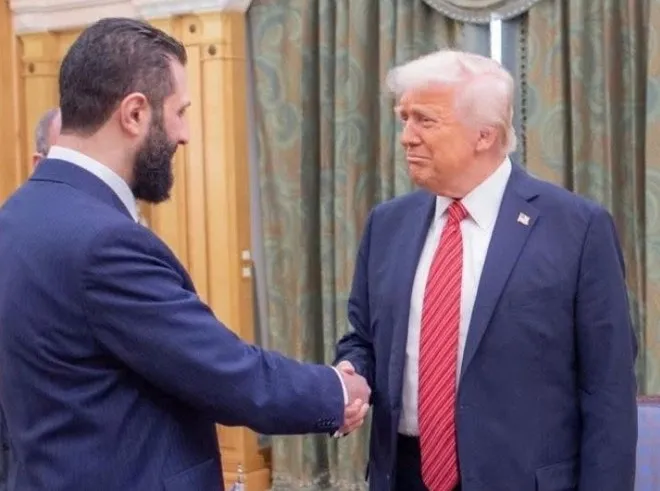U.S. Officials Scramble to Implement Sudden Shift in Syria Sanctions Policy
By: D. D. Reese
Federal officials across multiple government agencies are working urgently to implement a new directive from former President Donald Trump lifting U.S. sanctions on Syria, following the surprise policy shift announced without prior interagency coordination.
The announcement, which caught several key departments off guard, has triggered rapid efforts within the State Department, the Treasury Department's Office of Foreign Assets Control (OFAC), the Department of Defense, and the intelligence community. Officials are now navigating a complex web of regulations, diplomatic concerns, and legal obligations to align existing operations with the former president’s directive.
The sanctions, originally imposed in response to human rights violations and civil war atrocities, had been in place for more than a decade. They restricted financial transactions, froze assets of Syrian government officials, and limited exports of certain goods and technologies. Critics say lifting the sanctions now—without a negotiated agreement or signs of change from the Syrian regime—risks sending the wrong message on human rights and accountability.
“There’s a real concern this could weaken U.S. leverage in future peace negotiations or accountability efforts,” said one senior diplomatic official, speaking anonymously because they were not authorized to discuss internal deliberations.
On the other hand, some proponents of the move argue that easing economic restrictions could provide humanitarian relief to ordinary Syrians and open the door to broader regional engagement. “The sanctions have had a devastating impact on Syria’s economy, and lifting them may help stabilize parts of the country,” said one Middle East analyst.
Internally, departments are working to determine the scope of the change. Questions remain about whether all sanctions will be lifted immediately or phased out, and whether exceptions will remain in place for certain entities linked to terrorism or weapons proliferation.
International allies have also expressed surprise, with some European diplomats privately questioning whether the move reflects a broader U.S. strategic shift or a unilateral decision by the Trump-aligned political wing.
While implementation plans are still being finalized, federal agencies are preparing for potential legal challenges, public scrutiny, and possible congressional hearings.
“This is a significant and sudden policy change that will take time to sort out,” one official noted. “Right now, we’re just trying to catch up.”
